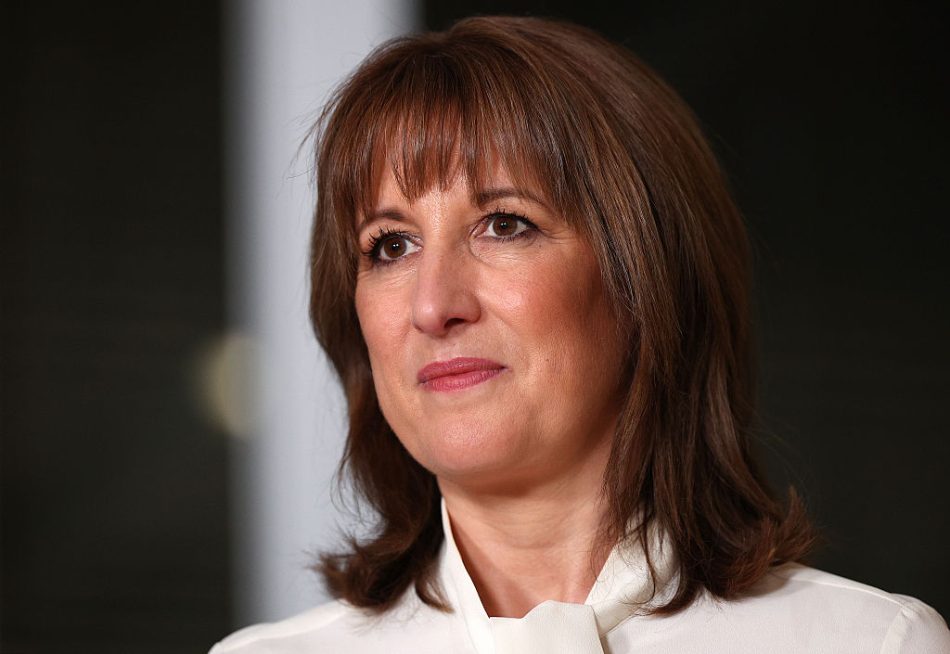From the eastern Atlantic, the US looks boringly uniform. Yet Alaska is almost as different from Alabama as Turku is from Turkey. If you travel the length of the Mississippi, food, laws, customs and lingo change as surprisingly as along the Danube. Particularism is rife. In two counties in Vermont, there are warrants for the arrest of George W. Bush. In some parts of the South, you must step across a county line to evade laws against alcohol. In Indiana, where I live, every county sets its own time zone and you have to keep adjusting your watch on your way to Chicago.
In this land of anomalies, nowhere is odder than Puerto Rico. It is an ‘associated’ state, but not a state of the union. Natives are US citizens, with every constitutional right except the one that America most over-values: equal and unfettered suffrage. Puerto Ricans take part in presidential primaries but, unless they move to the mainland, cannot vote in general elections. The archipelago has one non-voting representative in Congress – which can override the autonomy of the legislature in San Juan. In official documents, the use of estado (which signifies ‘state’ in Spanish) to mean ‘commonwealth’ in English magnifies confusion. Cases abound of minor officials miscasting Puerto Ricans as foreigners.
This tissue of absurdities, which has enveloped Puerto Rico since Congress conceded devolution in 1952, does not seem to have done the islanders much good. Rich by hemispheric standards, they are on average the poorest people in the US. The political elite remains small, inbred and plutocratic. A yankee veneer hardly enhances the typically corrupt gleam of Caribbean politics. US bailouts kept the archipelago afloat during the past decade’s succession of bankruptcies, hurricanes, earthquakes and intractable political bust-ups, without even trying to boost stagnant demographics or reverse economic decline.
As in devolved Britain, there is no consensus about the future. Constitutional referendums tire voters. Most people, if they vote at all, support the status quo, rather in resignation than hope. Full statehood – the cynosure of other territories the US empire arrogated in the 19th century – is attractive to some islanders and horrifying to most people on the mainland. Independence is the professed option of politicians who want to create a constituency for themselves, but they would be the first to repine were it ever achieved: it would subvert their raison d´être.
There are, however, romantics who cling to outmoded nationalist tropes, misguidedly associating independence with ‘freedom’. Jorell Melendez-Badillo is among them. He can afford to be a nationalist, as he works at the University of Wisconsin and can evade the misery of living in his native land. The pages of his book string together a sketchy, patchy ‘history of resistance’. The result is highly misleading: the colonial regimes, under the Spanish monarchy and since 1898 under US paternalism, ruled only by courtesy of quislings and collaborators. Melendez-Badillo’s ‘resistance’ includes ineffective and often risible marginals, such as Pupa Tribal (a 1960s activist who doubled as a spiritualist medium), the ‘Street Transvestites Action Revolutionaries’ of the next decade and many ephemeral sodalities of demo-happy hippies. Since the author never says what he means by ‘nationhood’, his assumption that it qualifies Puerto Rico for sovereignty remains unconvincing.
His ignorance is startling. I stopped counting the serious errors of fact or formulation after spotting 61 in the first 50 pages. For someone purporting to write authoritatively about Spanish Puerto Rico it is unpardonable, for example, to ascribe the work of Pedro Mártir to the mid-16th century or to call a Dutch invader ‘Hendricksz’, or mistranslate ‘Cortes’ (the representative assembly of the monarchy) as ‘court’ or ‘courts’. Even when undistorted by solecisms, redundancies, mistranslations and tendentious language, the prose staggers between clichés. Modish gobbledegook alternates with mawkish sentiment. ‘Tourism represents a violent act,’ the author assures us. Anti-corruption measures are a ‘functionally pathologising’ stratagem of US capitalism. He addresses his ‘partner in life’ as ‘the engine that pushes me to continue producing work that will hopefully contribute to those freedom futures we so desire’. Interlocutors who like the US and cite Cuba as a cautionary example are denounced as ‘xenophobic and racist’.
Meléndez-Badillo is not merely naive: he suffers from a form of moral myopia that seems to be a generational affliction among young US academics – too numerous to be well selected and too garrulous to be properly reflective. Instead of focusing on getting the facts right and expressing them clearly, he treats history as an arena for political posturing and sententious grandstanding: a source of exemplars of vice or virtue, praise or blame. ‘I am never coming back here,’ said Meléndez-Badillo’s grandfather on leaving Puerto Rico for the mainland. The grandson, who seems unaware of the advantages of life inside the US, might well stay in Wisconsin.







Comments